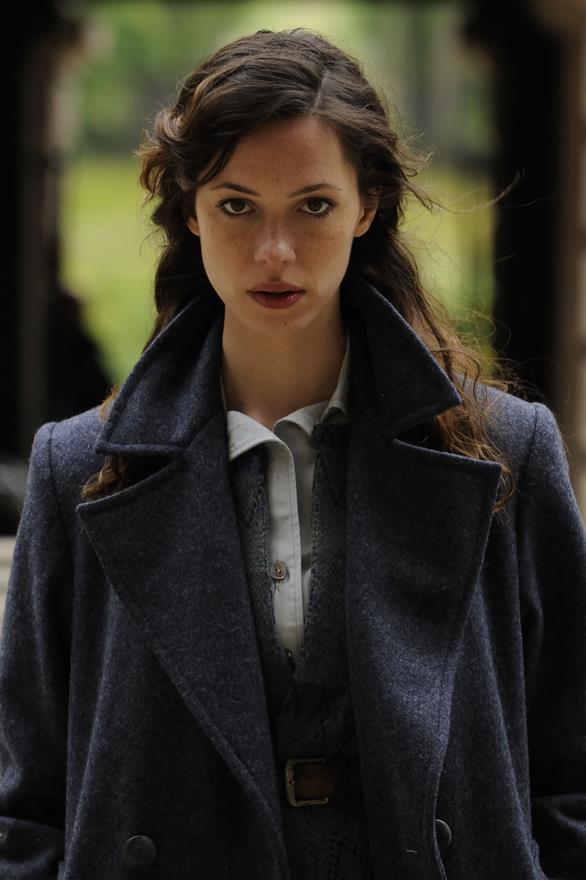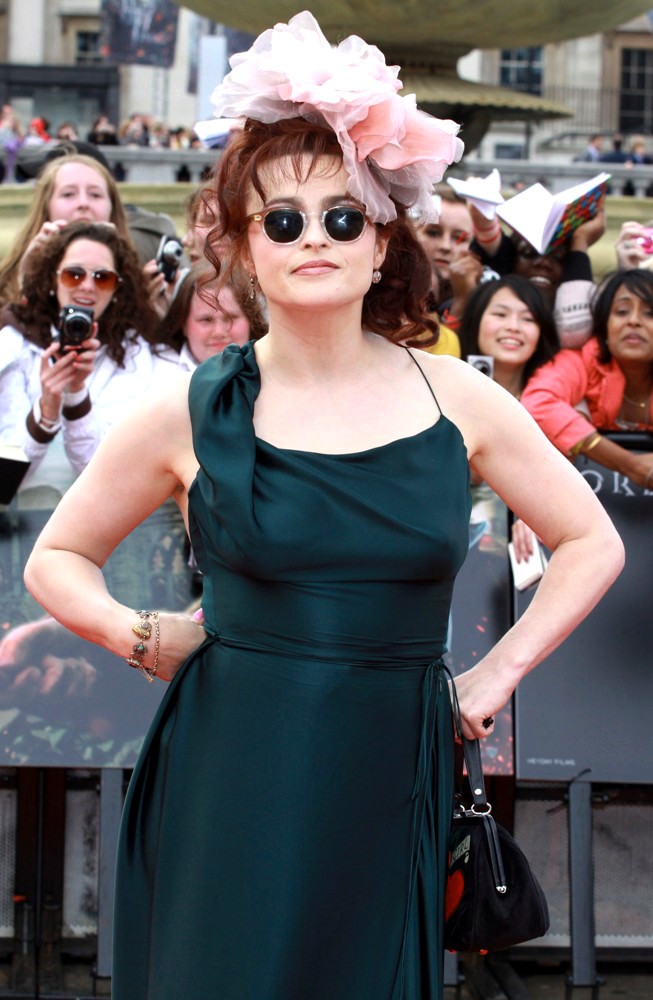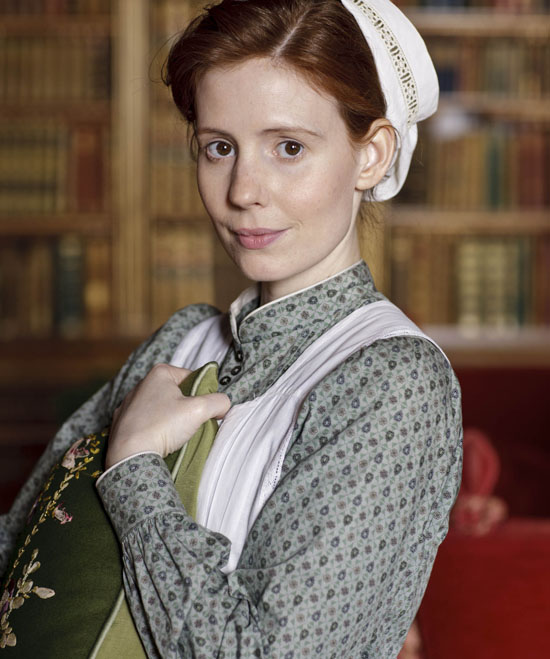
It has been a very good year for Julian Fellowes. Since creating Downton Abbey, which has become a massive hit around the world and was last week nominated for ten Emmy Awards in Los Angeles, he has seen several of his long-in-gestation projects greenlighted. Among them are his screenplay for a new cinema adaptation of Romeo and Juliet starring Hailee Steinfeld (Oscar nominee this year for the Coen Brothers' True Grit) and Douglas Booth (currently filming his role as Pip in the BBC's Great Expectations) as the tragic teens and Holly Hunter as Juliet chatterbox of a nurse. Also, his adaptation of Crooked House, one of Agatha Christie's most-celebrated novels not to feature the knit-happy spinster or the Belgian dandy and her personal favourite from her extensive oevure, will be filmed for the silver screen later this year.
Currently filming in Hungary is his epic mini-series for ITV set aboard the ill-fated Titanic which will air in April 2012 to coincide with the centenary of the great tragedy. Anyone familiar with Downton Abbey will be well aware that the Titanic and its sinking played a significant role in the very first episode. Fellowes has admitted a particular fascination with the doomed luxury liner and said that, apart from a large country house in the early part of the 20th century, it is one of the few environments where one could reasonably encounter people of every class and creed co-existing together. The production will feature an extensive cast of familiar faces playing a mixture of fictional passengers and real-life personalities who took the maiden voyage, among them the millionaire tycoon JJ Astor, silent movie star Dorothy Gibson and the unsinkable Molly Bloom. Getting wet are Linus Roache, Celia Imrie, Lee Ross, Maria Doyle Kennedy, Peter McDonald, Sylvestra le Touzel, Sophie Winkleman, Geraldine Sommerville, James Wilby and Toby Jones.
And, all the while, production is well underway on a second eight-episode series of Downton Abbey plus a Christmas special with guest stars Nigel Havers and Sharon Small. Many cannot wait until September rolls around and, yet, the Abbey did suffer somewhat of a backlash last year for what was perceived to be a rose-tinted re-imaginging of the golden days of the British aristocracy. I do love the show and yet I don't think that the backlash was entirely without justification. Fellowes is known as a member of the Establishment who moves among the upper eschelons of society and is indeed pictured above attending Royal Ascot. He himself is a Conservative peer, his wife is a lady-in-waiting to Princess Michael of Kent and his son is called Peregrine! Fellowes has claimed that all of the above facts have fuelled the liberal factions of the media in their distrust of Downton and their denouncement of the series as right-wing propaganda.
Fellowes responds to these accusations by saying that the upper classes have for too long been portrayed in film and television as merely snobs and idiots who treated their servants with, at best, disdain and, at worst, unbridled cruelty. It is Fellowes' belief that this is a dangerous falsehood as many lords and ladies of the manor felt a duty of care towards those in their employment and respected their contribution as being vital to the efficient functioning of their priveleged lifestyle. And yet, some scenes in the first series of Downton Abbey did stretch credulity somewhat in their depiction of the warmth, kindness and compassion shown by the Crawleys to their staff. Perhaps this aspect would have been perfectly acceptable if it had felt more balanced but nobody above stairs came close to matching the wretchedness and repulsiveness of lady's maid O Brien and first footman Thomas. They were unapologetically portrayed as villians with little attention paid to how this dasdardly duo had become so hateful, spiteful and bitter.
This was my only major reservation and one that I hope is addressed sooner rather than later. If Fellowes can manage to curb his unbridled enthusiasm for the British aristcracy somewhat, then I don't see why Downton Abbey won't run and run..........








